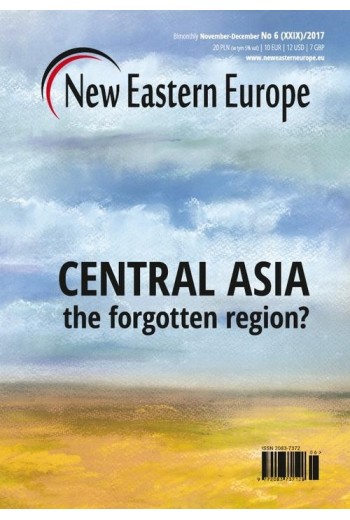- Nowy


Modal content..

AutorzyPraca zbiorowa
Rok wydania2017
Strony188
Językiangielski
Nr produktu15FC3CC4EP
ZabezpieczenieDL-ebwm
TematykaPolityka
AutorzyPraca zbiorowa
WydawnictwoKolegium Europy Wschodniej
Rok wydania2017

AutorzyPraca zbiorowa
Rok wydania2017
Strony188
Językiangielski
Nr produktu15FC3CC4EP